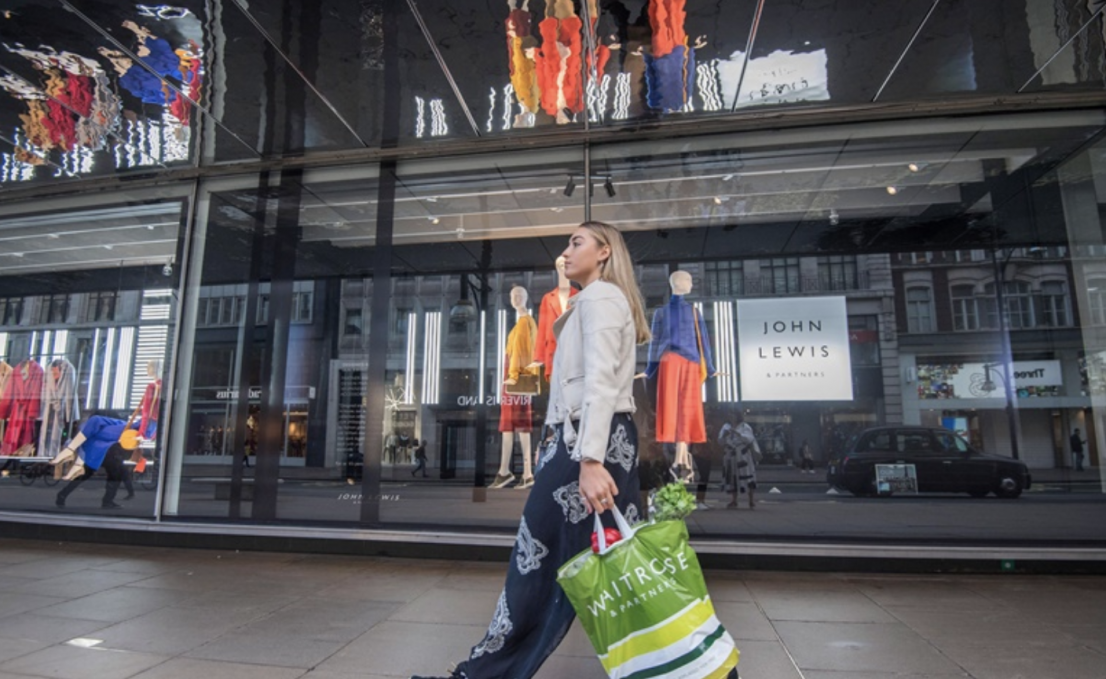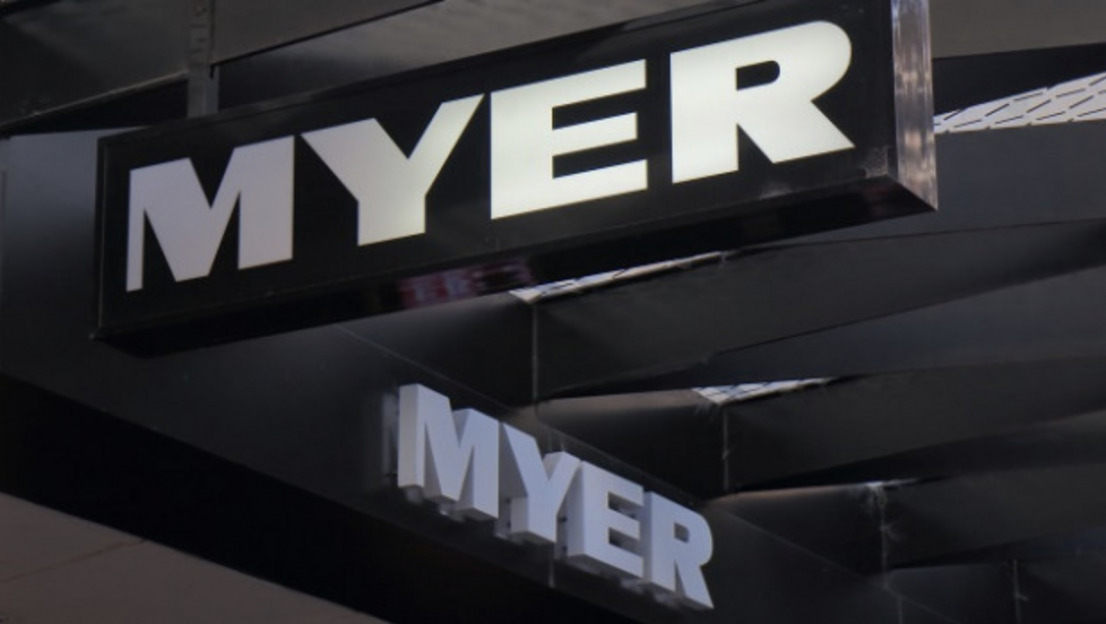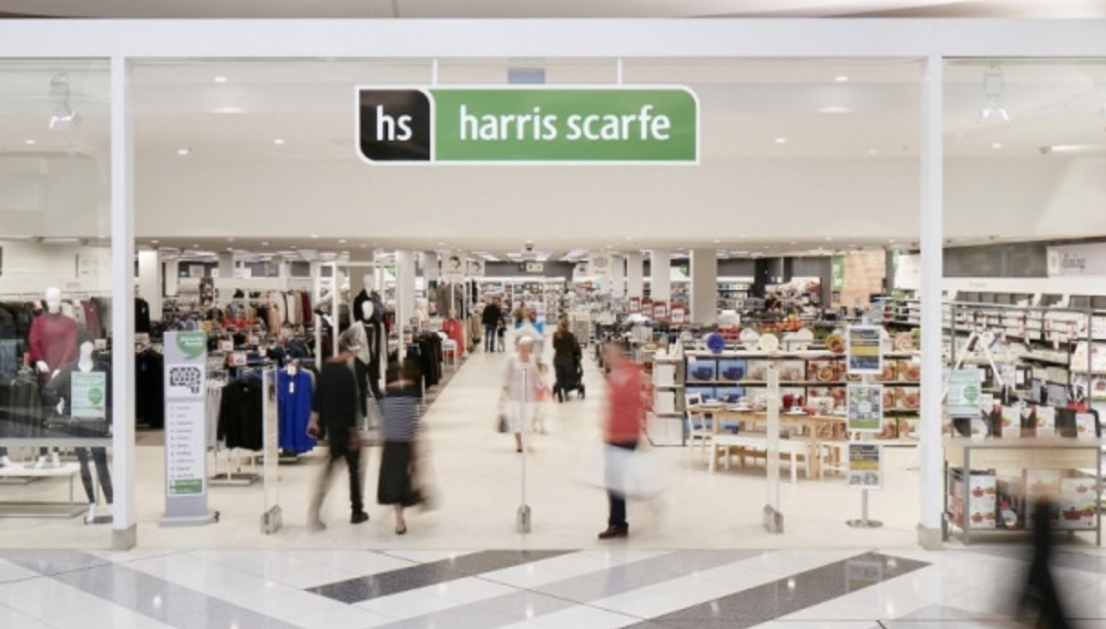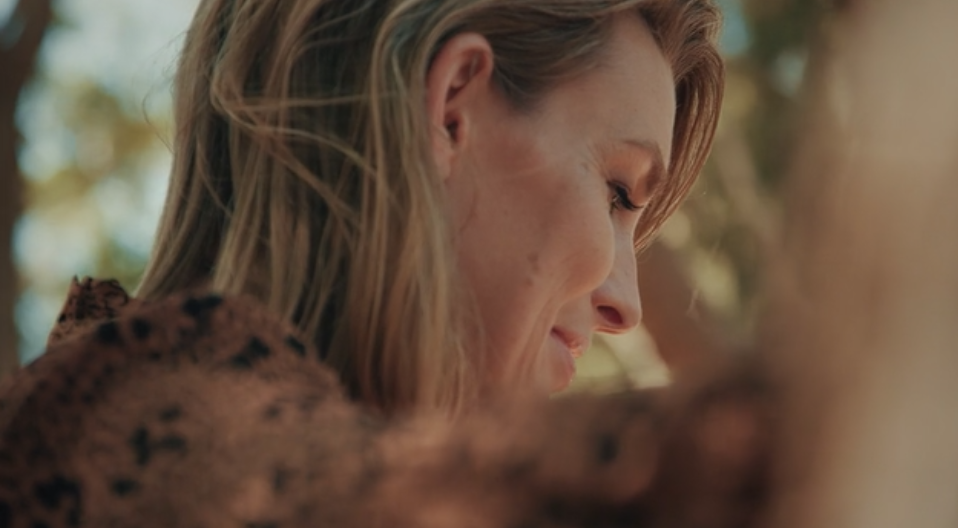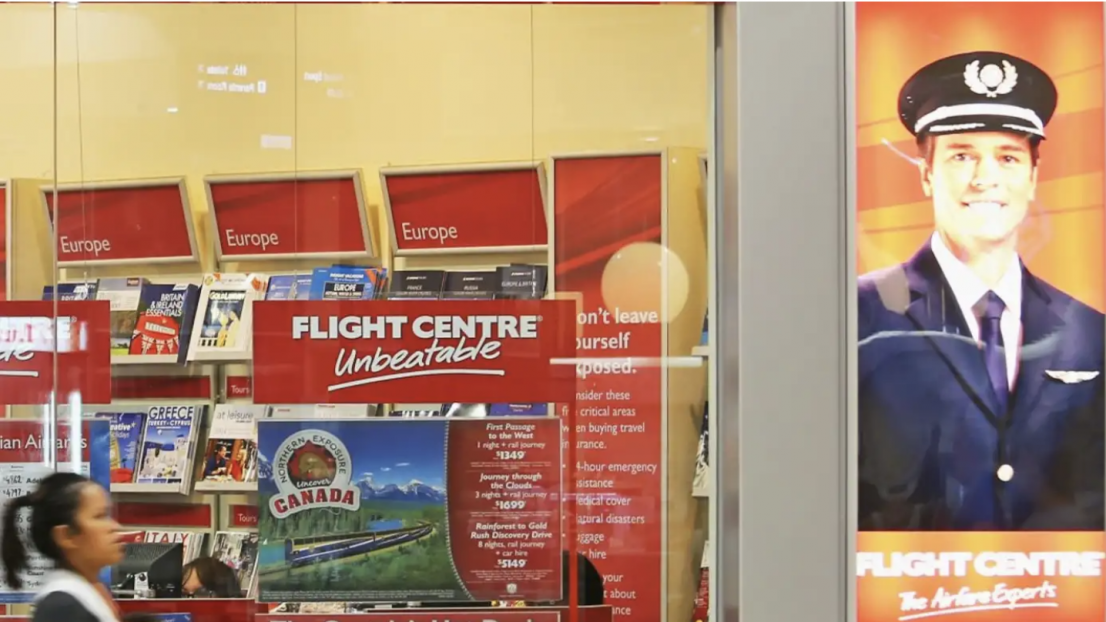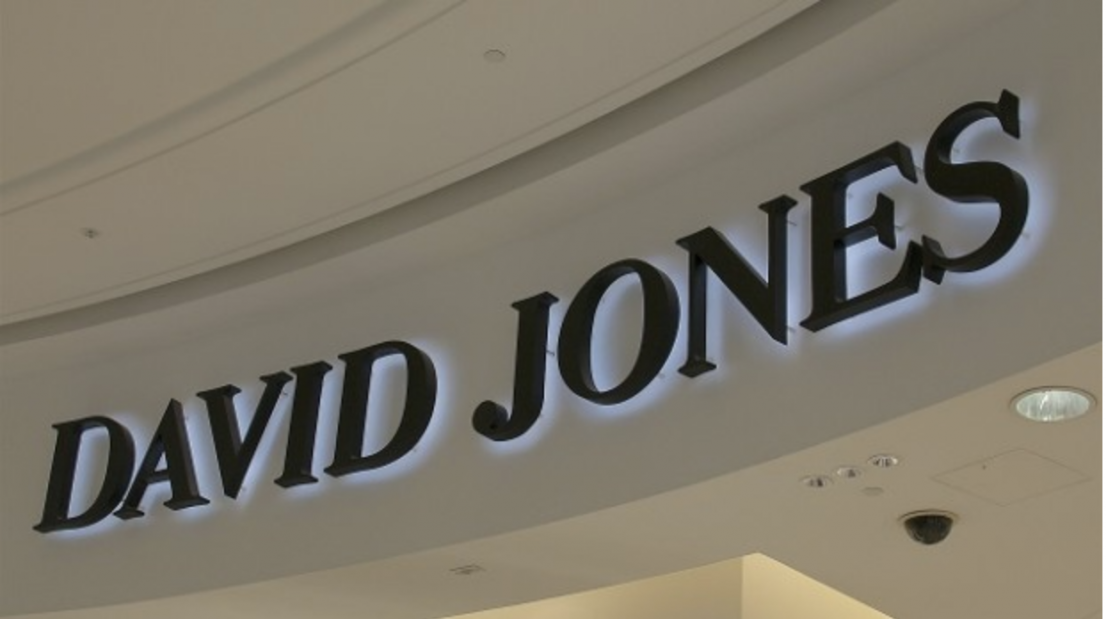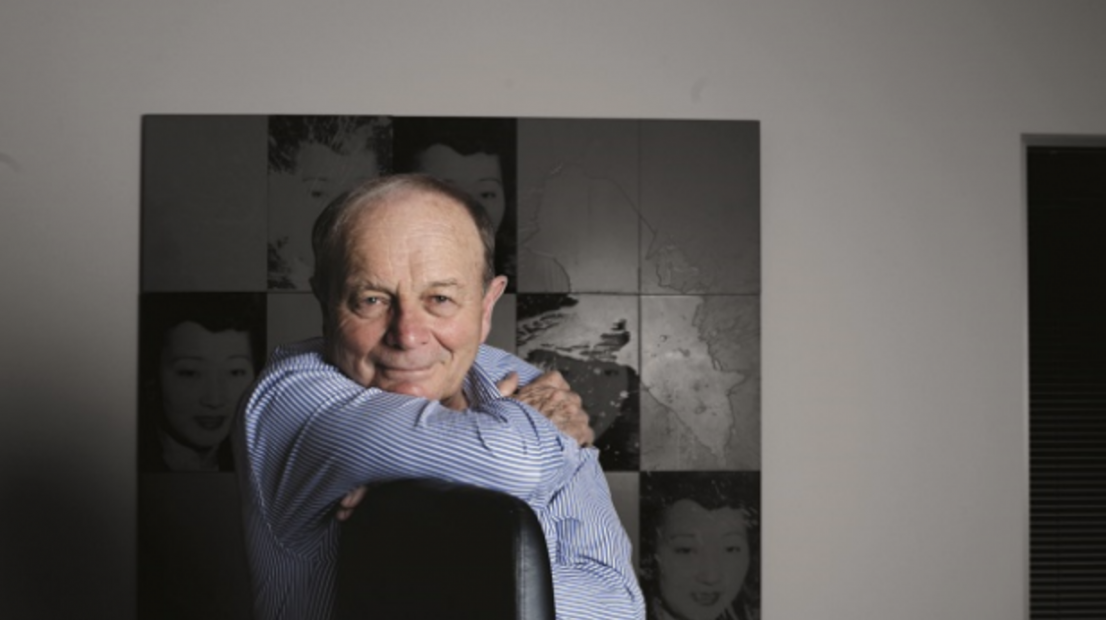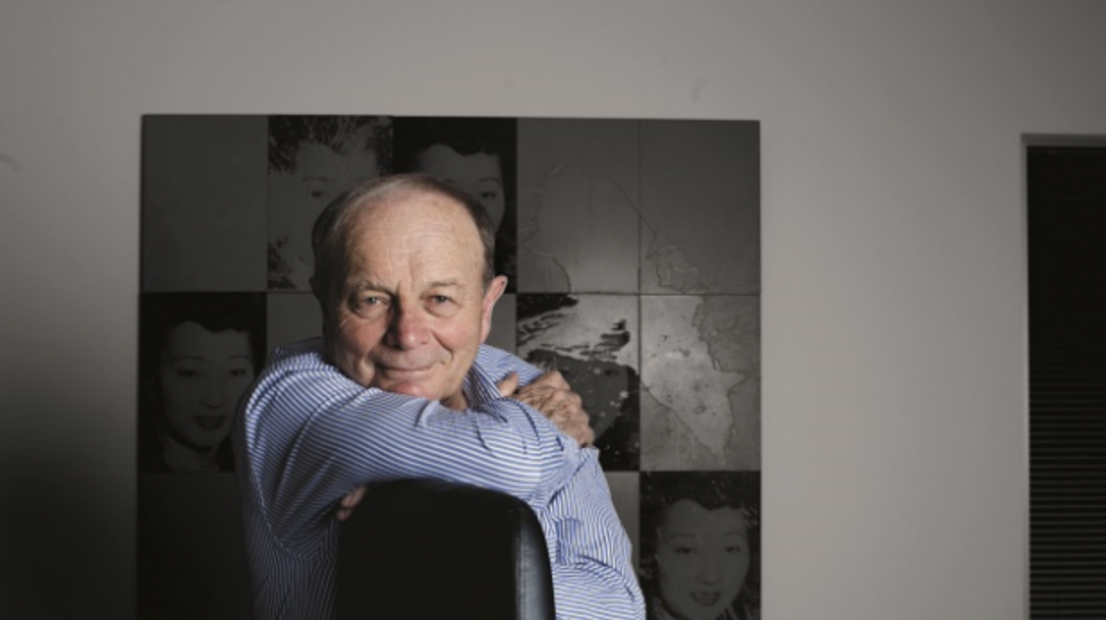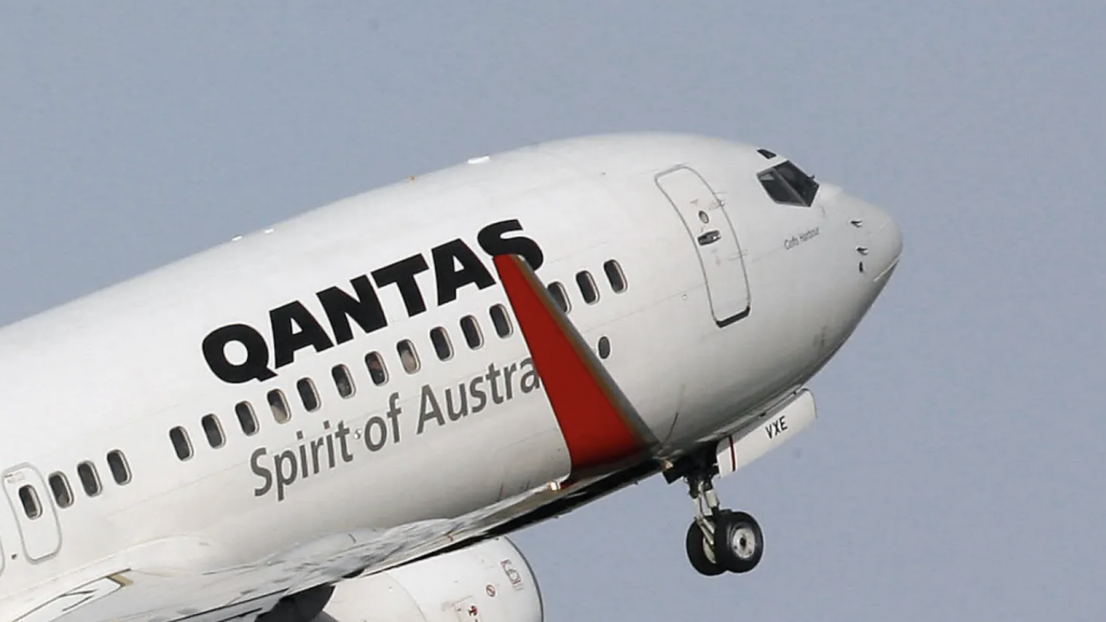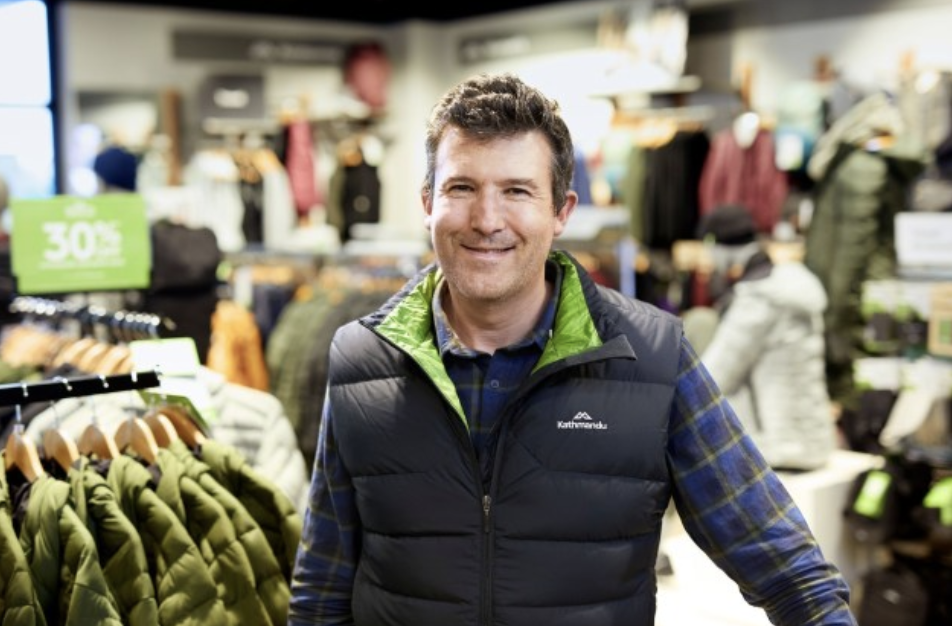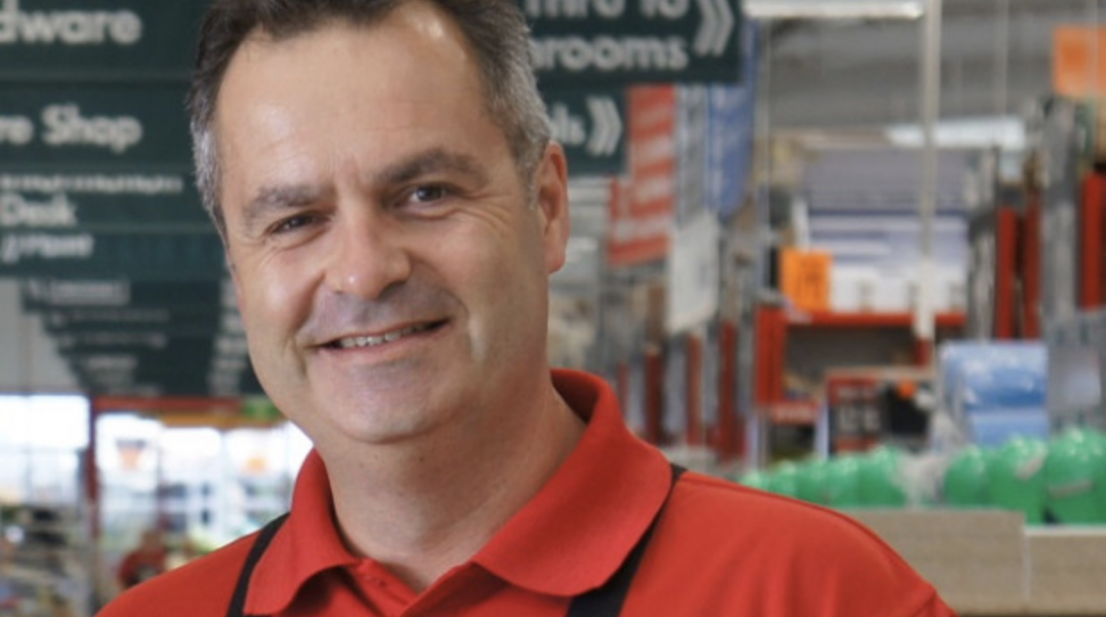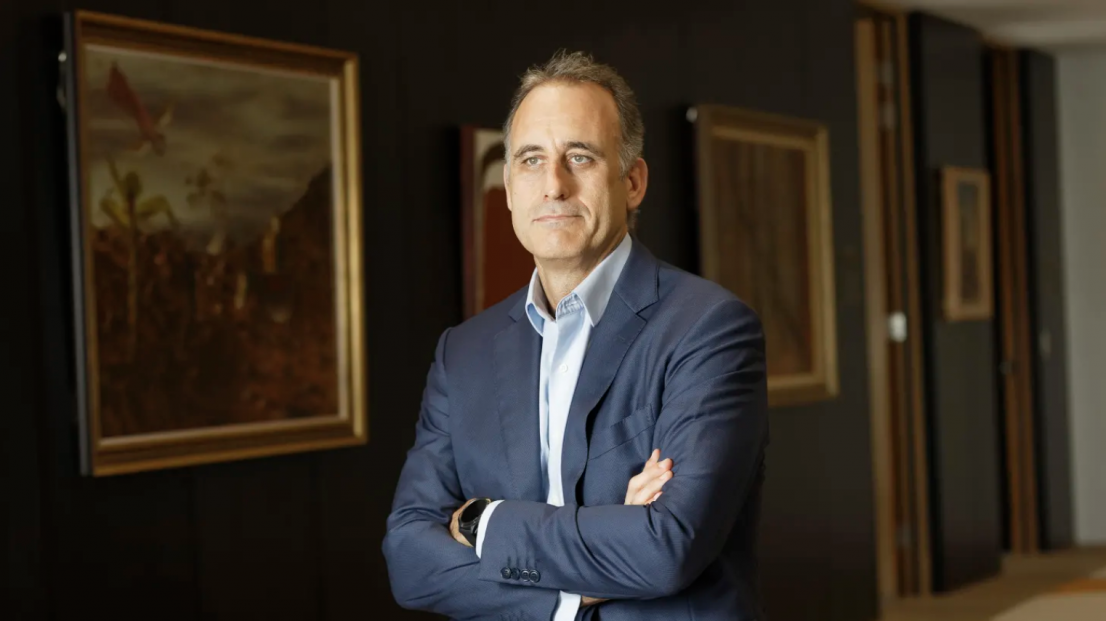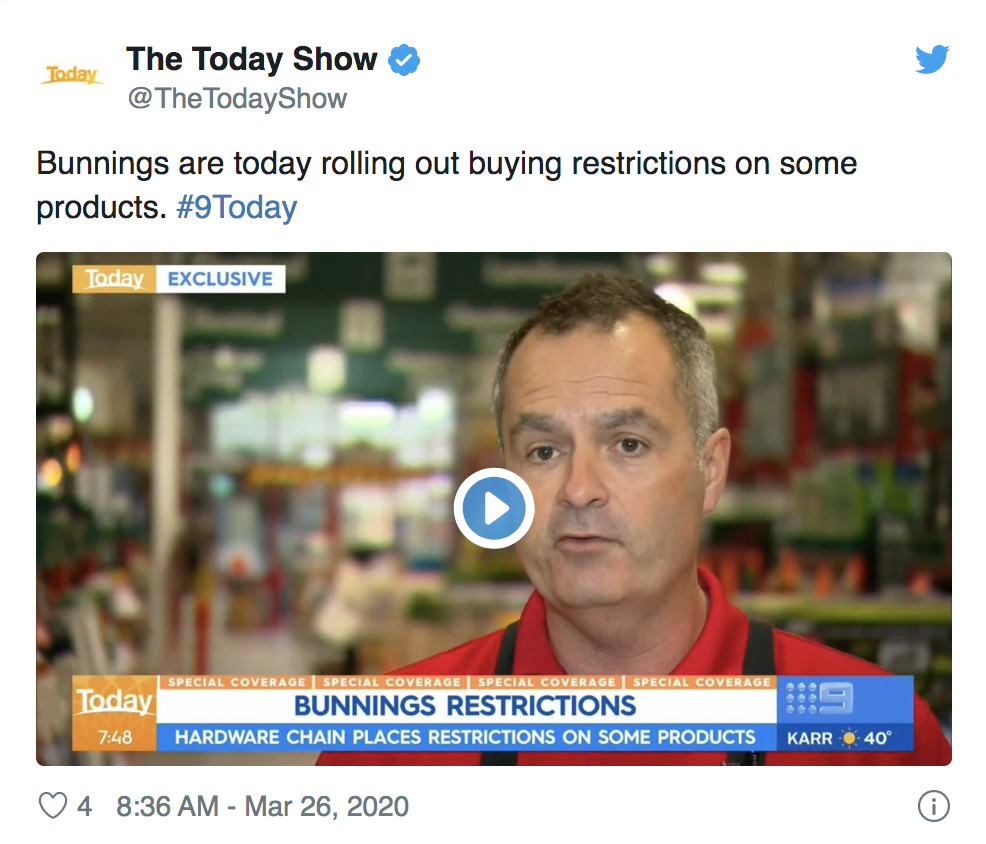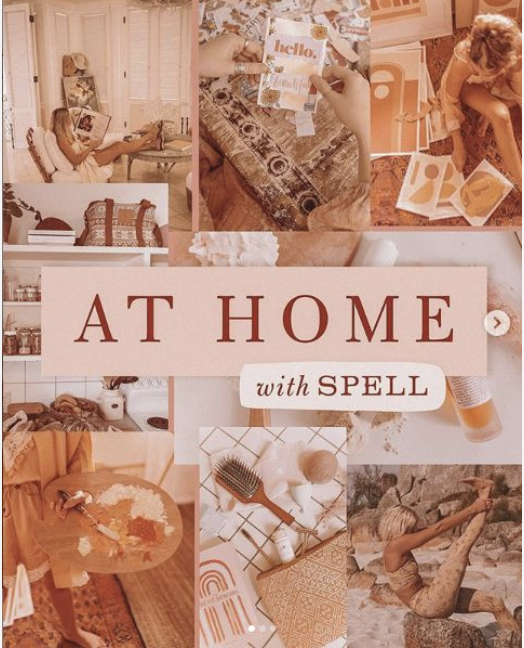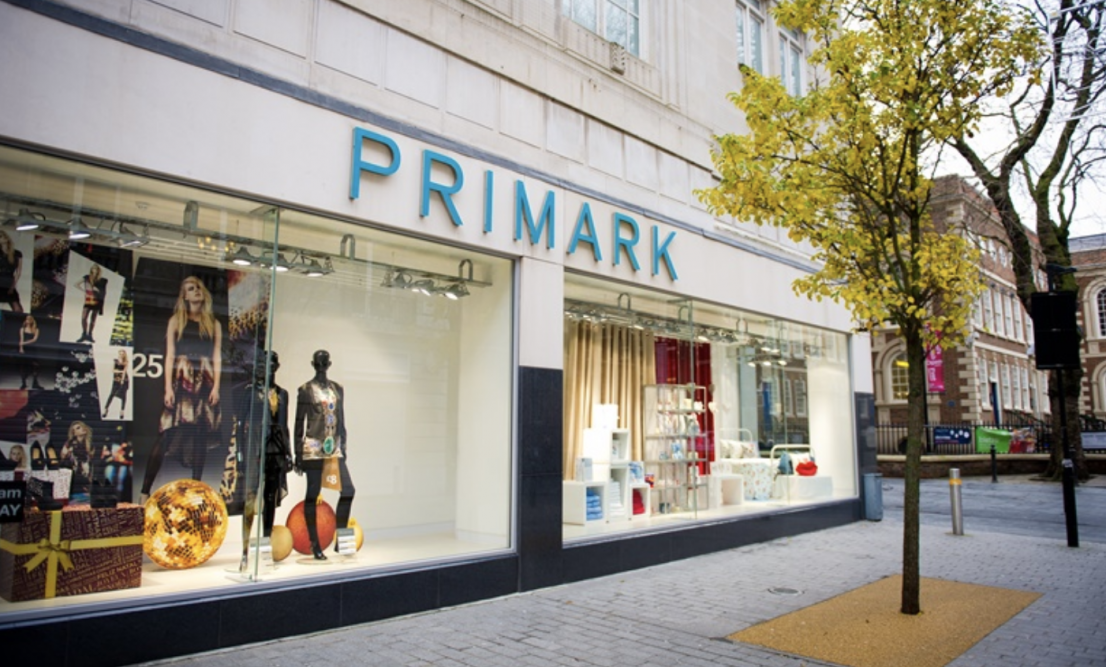
Sales at Primark grew 2.2% for the 24 weeks to 29 February 2020, however the value retailer’s parent company Associated British Foods warned trading in the second half of the year would be “radically different” as a result of the coronavirus crisis.
UK sales were 2.7% ahead of last year, partially offset wth a decline in like-for-like sales. Sales in the Eurozone were 5% ahead of last year.
ABF chairman Michael McLintock said: ”There was Very little effect of Covid-19 on our underlying first half results but trading in our second half will be radically different.”
The value retailer has been forced to close all of its stores under the UK government lockdown and does not trade online. It has warned that the reopening of these stores is “likely to be complex”.
ABF has written down the value of the chain’s stock by £284m to reflect realistic pricing when stores re-open.
McLintock added: ”The rapid closure of Primark stores has presented a major challenge to the group to manage and mitigate the profit and cash flow impacts arising from the loss of sales. We have taken steps to confirm the availability of existing, and to agree new, borrowing facilities.”
“Our assessment of ongoing concern shows that, even though this is a time of unprecedented uncertainty, the group has ample cash liquidity to deal with the likely challenges in the year ahead.”
At the half year, the group had net cash of £801m and an undrawn, committed revolving credit facility (RCF) of £1,088m. Funds were drawn down in full on the RCF on 18 March.
ABF did not seek a waiver for its covenant test for September 2020 but has confirmed a waiver for February 2021. The group has also been granted access to funding under the Bank of England’s Covid Corporate Financing Facility.
As at the date of these interim results, the group had available central cash on hand of £1.5bn.
The value retailer has committed to take all product that was in production and finished, and planned for handover by 17 April. Future orders have been cancelled until further notice.
Chief executive George Weston said: ”When we are allowed to reopen we must make our Primark stores safe for our staff and our customers, even if that means ensuring there are fewer people shopping at any one time and so accepting lower sales at least until the remaining risk is minimal. In time we can rebuild the profits. We can’t replace the people we lose.
”At Primark we have 68,000 of our people receiving furlough payments from governments across Europe, without which we would have been forced to make most redundant. From making sales of £650m each month, since the last of our stores closed on 22 March, we have sold nothing.
”One of the world’s great clothing retailers is entirely shut. We have paid for in full, and taken delivery of, very large amounts of completed stock which we can’t sell for now and we have established a fund that will ensure everyone in a vulnerable country who worked on a Primark garment, whether completed or not, is paid for that work. And we are supporting suppliers with commitments to buy garments that are as yet unfinished. But not until shops reopen and we can place new orders, will the economic hardship that Covid-19 has caused to all those in our supply chain begin to reduce.
”I am in awe of the Primark teams for their care, good judgement and immense hard work as they have managed this crisis.”


